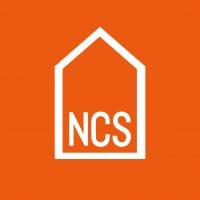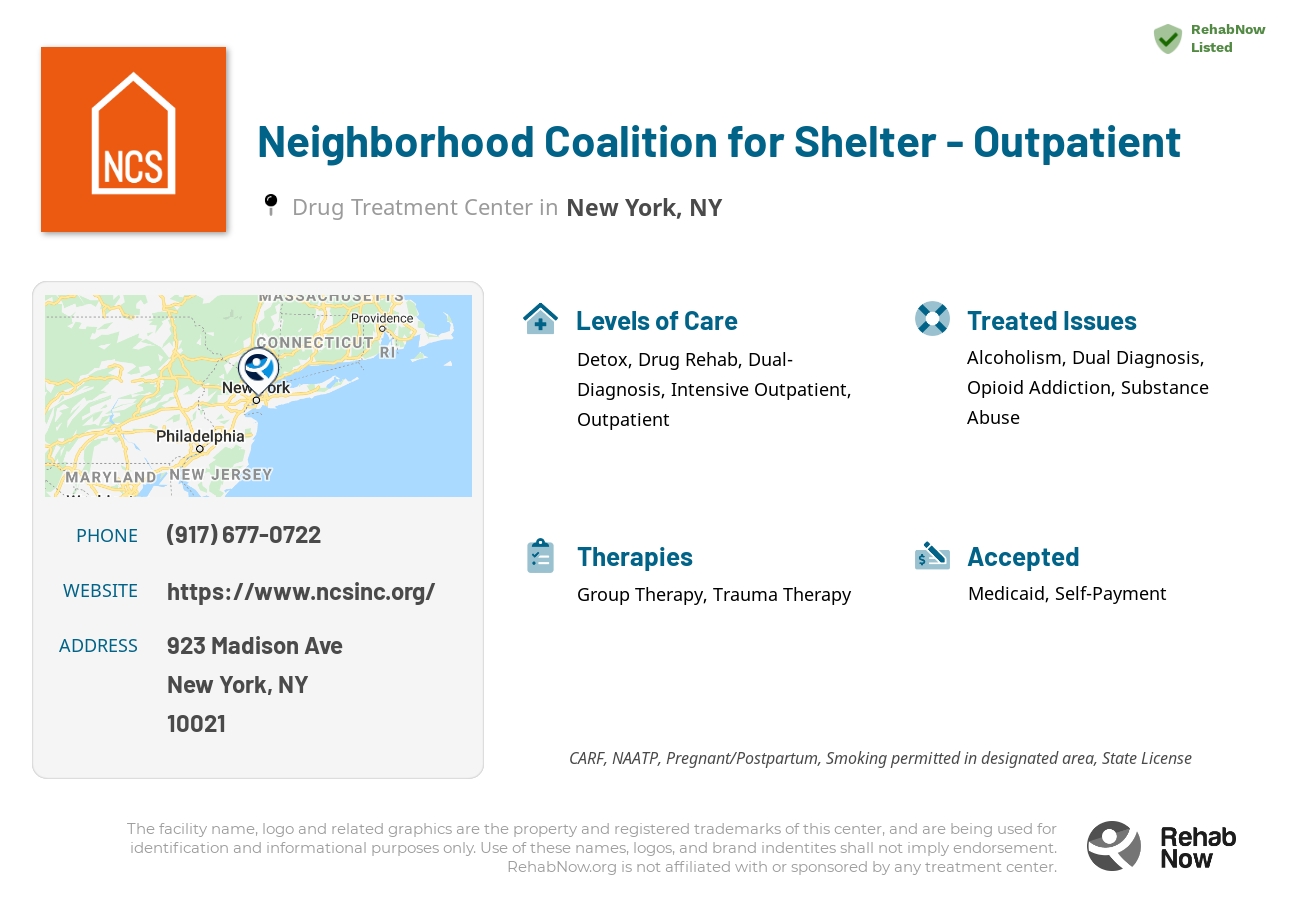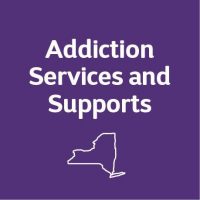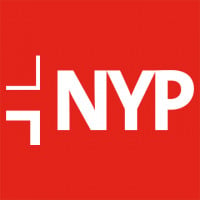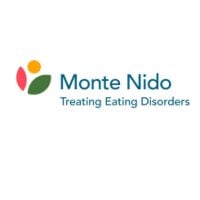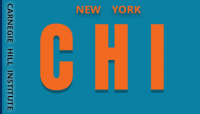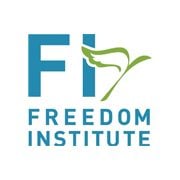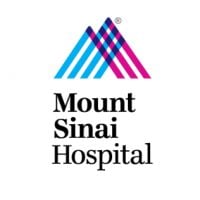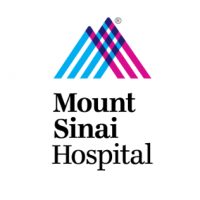Neighborhood Coalition for Shelter - Outpatient
Drug Rehab Center in New York, New York
The Neighborhood Coalition for Shelter - Outpatient Drug Rehab is an excellent drug rehabilitation center located in New York, offering a range of levels of care including detox, drug rehab, dual-diagnosis, and intensive outpatient. The facility has a team of highly professional and experienced staff members dedicated to helping people achieve and maintain sobriety.
About This New York, NY Facility
Neighborhood Coalition for Shelter - Outpatient is an alcoholism, opioid addiction, substance abuse, dual diagnosis, and drug addiction treatment facility located in New York, NY. With a focus on helping individuals overcome their addictions and regain control over their lives, Neighborhood Coalition for Shelter offers a range of services to those seeking sobriety. The facility provides detox programs to safely manage withdrawal symptoms during the early stages of recovery. Additionally, they offer various levels of care including outpatient and intensive outpatient treatment programs that allow patients to receive ongoing support while maintaining their daily routines.
Neighborhood Coalition for Shelter - Outpatient takes a comprehensive approach towards addressing addiction by providing individualized treatment plans tailored to each patient's unique needs. Their team of professionals offers evidence-based therapies such as cognitive-behavioral therapy (CBT) and motivational interviewing (MI) which help individuals explore the underlying causes of their substance abuse issues and develop healthier coping mechanisms. They also emphasize dual-diagnosis treatment for those who struggle with co-occurring mental health disorders alongside addiction. By offering supportive counseling groups and relapse prevention strategies as part of their services, Neighborhood Coalition for Shelter aims at equipping individuals with the tools necessary to maintain long-term sobriety in a compassionate environment.
Genders
Ages
Modality
Additional
Conditions and Issues Treated
Substance abuse is the excessive use of any type of drug. This includes alcohol, medications and illegal drugs. Substance abuse is treated with a combination of physical and mental treatments. Neighborhood Coalition for Shelter - Outpatient patients detox and follow up with therapies that target the underlying cause of the addiction.
Opioid addiction is one of New York‘s most prominent forms of addiction. Drugs, including heroin, oxycontin, and fentanyl, are the most common. To relieve pain, or ease other ailments, they are professionally prescribed, but they are often abused because they and the feelings they give are addictive.
Addiction is treated by detoxifying the body, so the medications’ chemicals are no longer impacting the individual. Neighborhood Coalition for Shelter - Outpatient offers therapies to correct behavior and target the root of the problem are supplemented during and throughout treatment.
Some of the most common co-occurring disorders are schizophrenia, depression, and bipolar disorder. Most rehab facilities in New York, NY like Neighborhood Coalition for Shelter - Outpatient provide patients with a dual diagnosis. Dual diagnosis gives rehab the means to treat addiction while restoring mental and emotional health.
Levels of Care Offered
This center offers a variety of custom treatment tailored to individual recovery. Currently available are Detox, Drug Rehab, Dual-Diagnosis, Intensive Outpatient, Outpatient, with additional therapies available as listed below.
Detox treatment begins when the patient leaves their surroundings of family and friends, which is usually when they are most vulnerable. Being in a safe environment surrounded by medical professionals provides them with the safety net many of them need to get over their addiction. With kind and caring staff members, patients can feel relaxed, and they will need to start by admitting that they have a problem in order to get better.
If a person goes through detox treatment, they will understand their addiction better, and they won’t want to relapse and lose all the benefits of sobriety. They can see the effects of using drugs and how it makes them feel, which will make them want to quit their addiction.
Drug detox is vital to the recovery process, and it ensures that a patient will be in a safe environment during their withdrawal.
Intensive outpatient programs mostly conduct meetings on weekdays. Group therapy is the main element in most intensive outpatient programs. Most IOPs last for about 90 days and include drug use monitoring and testing. A New York IOP, like what’s offerd at Neighborhood Coalition for Shelter - Outpatient, take much more time than a standard outpatient program. Some programs offer other services as well, such as employment assistance and medication management.
Outpatient rehabilitation is a treatment that exists if a patient is not checking into Neighborhood Coalition for Shelter - Outpatient long term. In addition to helping them recover, the patient attends regular therapy sessions and detox and participates in other therapies. However, this is all primarily done from home. As a follow-up to inpatient treatment, outpatient treatment is usually recommended.
After rehabilitation, it helps people return to their everyday lives. It may also be an alternative to inpatient care in some situations. If they cannot leave their jobs, children, or don’t have the money for inpatient care, people can choose this method. Inpatient therapy, however, is the best method and most suggested level of treatment offered by Neighborhood Coalition for Shelter - Outpatient in recovering from addiction.
Neighborhood Coalition for Shelter - Outpatient‘s Therapies & Programs
Group Therapy is a type of counseling that occurs between a bunch of strangers. These groups are suitable for patients who are not confined in a treatment facility, but group sessions are also common in inpatient rehab programs. Group therapy is led by a trained individual at Neighborhood Coalition for Shelter - Outpatient in New York, NY and consists of members from different stages of recovery.
The goal of group therapy sessions is to foster hope and a sense of belonging, share information, and learn coping mechanisms. It also helps to have people who can relate to what you’re going through. Good behaviors can also be contagious, and participants can learn from one another.
Unresolved trauma is often a key reason why many patients resorted to substance abuse. Trauma could be physical abuse, sexual abuse, war, natural disasters, divorce, accident, loss of a loved one, etc. If trauma is the primary cause of substance abuse, then both issues must be addressed.
Payment Options Accepted
For specific insurance or payment methods please contact us.
Neighborhood Coalition for Shelter Associated Centers
Discover treatment facilities under the same provider.
Learn More About Neighborhood Coalition for Shelter Centers
Additional Details
Specifics, location, and helpful extra information.
New York, New York 10021 Phone Number(917) 677-0722 Meta DetailsUpdated November 25, 2023
Staff Verified
Patient Reviews
There are no reviews yet. Be the first one to write one.
New York, New York Addiction Information
More than 2 million New Yorkers are currently suffering from some type of substance abuse and many of those are minors. Alcohol abuse, in particular, is prevalent among those underage. As a result of the high prices and regulation of prescription drugs, many New Yorkers turn to heroin instead. This has led to a serious heroin epidemic in the state.
According to recent statistics, over 280,000 people in the state struggle with drug addiction. This accounts for approximately 8% of the population. In 2011, there were 1,532 deaths related to cocaine overdose in New York City. Currently, in New York City, there are over 3,000 people addicted to heroin and 1,700 addicted to cocaine. Most treatment plans offered in the area will involve some combination of detoxification, counseling, and medication.
Treatment in Nearby Cities
- Peekskill, NY (35.9 mi.)
- Haverstraw, NY (29.4 mi.)
- Albion, NY (276.5 mi.)
- Farmington, NY (230.5 mi.)
- North Collins, NY (286.3 mi.)
Centers near Neighborhood Coalition for Shelter - Outpatient
The facility name, logo and brand are the property and registered trademarks of Neighborhood Coalition for Shelter - Outpatient, and are being used for identification and informational purposes only. Use of these names, logos and brands shall not imply endorsement. RehabNow.org is not affiliated with or sponsored by Neighborhood Coalition for Shelter - Outpatient.
